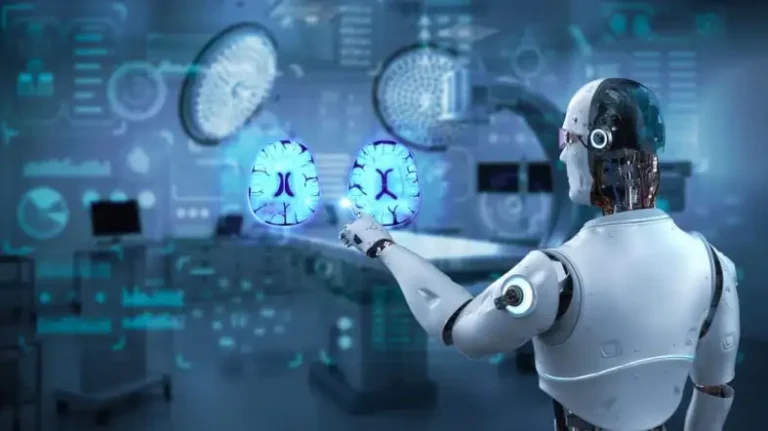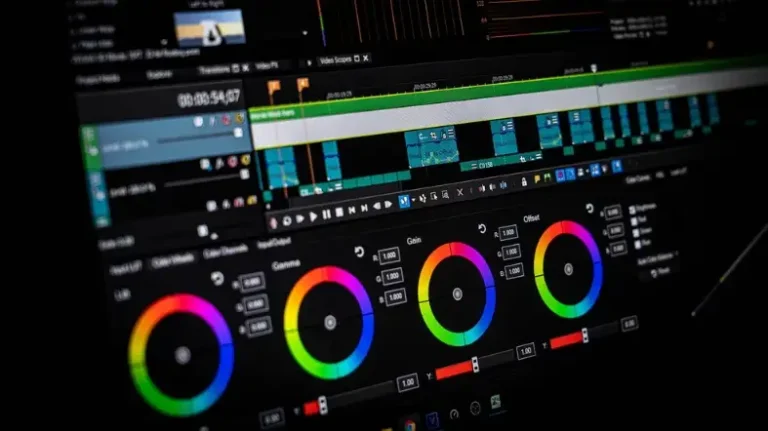AI powers Siri, Alexa, self-driving cars, and personalised advertising. Some wonder if AI will replace developers. Natural language processing and machine learning have made code-writing by computers possible.
This article discusses the possibility of replacing developers with AI’s impact of AI in the Developer Job industry,
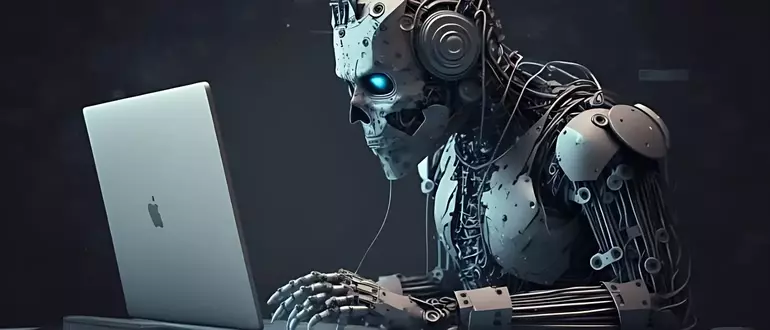
the required skills should learn by a developer to stay relevant to AI and the pros and cons of AI.
Will AI Replace Developers?
No, AI is unlikely to replace developers entirely. While AI can automate routine and repetitive tasks, it cannot replicate human creativity, intuition, and interpersonal skills.
Human programmers and developers will continue to play a vital role in the development of AI-based systems.
What Are The Possibilities For AI To Replace Developers?
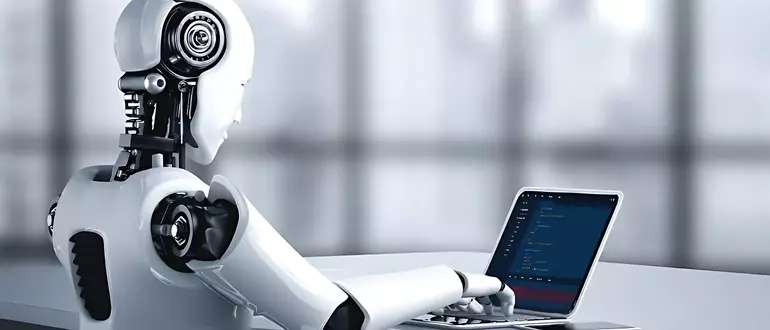
Code generation
Code generation is one of the most important ways AI will eventually replace developers.
Large-scale data analysis is a capability of AI algorithms, which can then be used to write code automatically.
AI-generated code allows engineers to focus on more important elements of software development while saving time.
One AI-powered tool that can produce code from inputs in natural language is OpenAI’s Codex.
It is able to interpret the meaning of the input and offer the relevant code. This tool can help developers avoid the arduous and time-consuming process of writing new code from the start.
Bug detection and correction
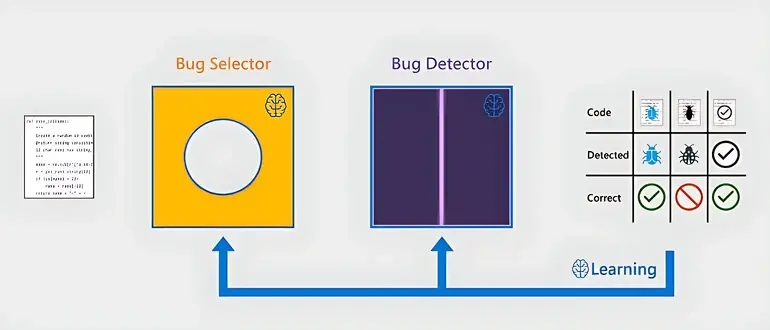
AI can also replace developers in detecting and correcting bugs in software.
Machine learning algorithms can analyze code and identify potential bugs or issues. Once identified, AI algorithms can also suggest ways to correct the issues.
For example, Microsoft’s IntelliCode uses machine learning to identify potential bugs in code and provides suggestions for correction.
This tool can save developers time in debugging code and ensure that software is error-free.
Automated testing
Software development requires tedious testing. AI can automate testing and make the process faster and more efficient.
For instance, Applitools uses AI algorithms to detect visual changes in software and identify potential issues.
This tool can save developers time and effort in manual testing and ensure that software is tested thoroughly.
Natural language processing
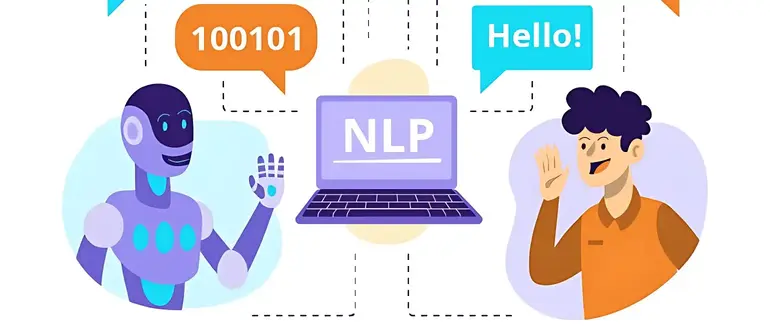
NLP can also help developers comprehend and write code. NLP algorithms can analyze code and provide insights into its structure and logic.
This can help developers write code faster and more accurately.
For example, Kite uses NLP algorithms to suggest code completions and help developers write code faster.
This tool can save developers time and ensure that code is written correctly.
Predictive analytics
AI algorithms can also be used in predictive analytics to help developers anticipate and prevent potential issues.
Machine learning algorithms can analyze vast amounts of data and identify patterns that could lead to issues in the future.
For example, LogRocket uses predictive analytics to identify potential issues in software and suggest ways to prevent them.
This tool can save developers time and ensure that software is error-free.
What Are The Impacts Of AI On The Job Industry Of Developers In The Near Features?
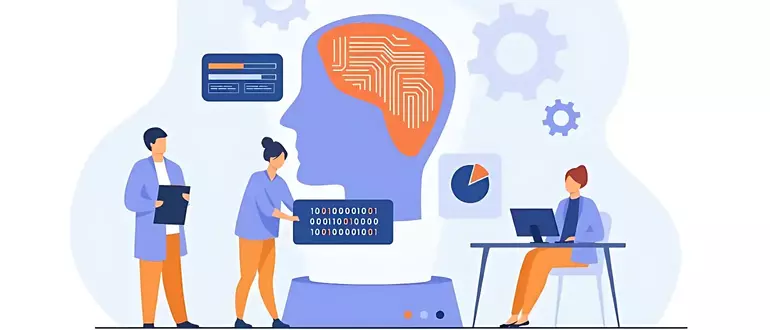
The Rise of AI in Development
One of the most significant impacts of AI on the developers’ job industry is its integration into the development process itself.
AI is becoming more prevalent in testing, debugging, and even coding tasks.
Developers must understand AI and how to use it. New job roles, such as AI specialists and machine learning engineers, are also emerging, creating new opportunities for those with the right skills.
Increased Efficiency and Productivity
The integration of AI in development also brings about increased efficiency and productivity.
AI can automate repetitive and mundane tasks, allowing developers to focus on more complex and creative tasks.
This means that developers will need to adapt their skills and learn to work alongside AI tools to achieve maximum efficiency.
Job Security Concerns
Despite the benefits of AI, it is natural to have concerns about job security.
With the increasing use of AI in development, there is a fear that some jobs may become redundant. AI cannot replace human intelligence and creativity.
It is a tool that can augment and enhance the work of developers. As such, developers need to embrace the changes brought about by AI and continue to adapt their skills to remain relevant in the job market.
Demand for New Skills
AI integration into development requires new talents. Developers must master AI tools, AI integration, and new programming languages. Developers will need data analysis and visualisation skills to handle AI’s massive data sets.
What Are The Recommended Skills Developers Should Gain To Hold Their Job In The Age Of AI?
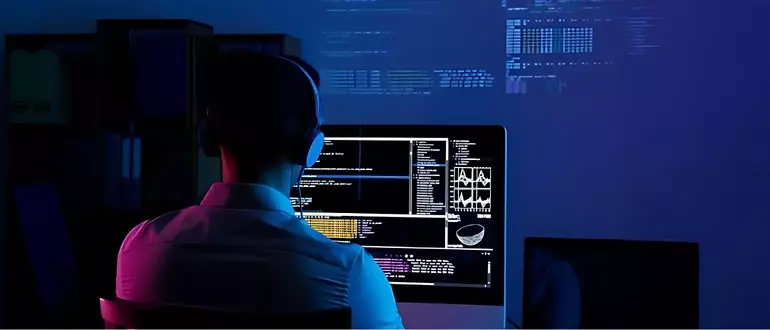
Understanding AI
Understand AI before learning the necessary abilities. Artificial intelligence (AI) lets robots learn, solve problems, and make decisions.
Data-learning algorithms make predictions and judgements. Developers must grasp AI, including machine learning, natural language processing, and computer vision.
Machine Learning
Developers need machine learning expertise. Machine learning is a branch of AI that lets machines learn from data and make judgements without being programmed.
Developers should create, train, and deploy machine learning models. This involves proficiency in Python, R, or Java and statistical principles like regression, clustering, and classification.
Data Science
AI-era developers need also to learn data science. Data science uses statistical and computational tools to gain insights.
Developers should master huge datasets, preprocessing, and exploratory data analysis. They should also know Tableau, Power BI, and Matplotlib.
Natural Language Processing
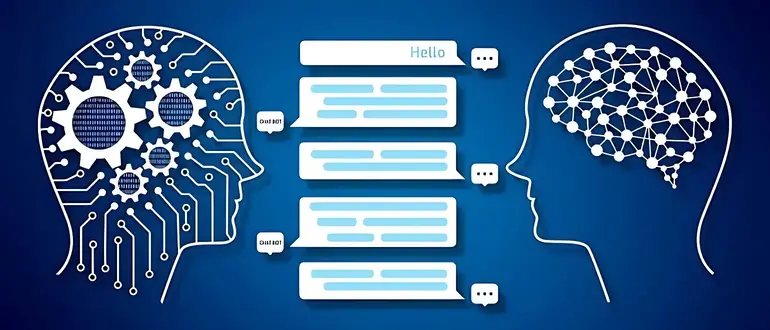
Natural language processing (NLP) is a subfield of AI that deals with the interaction between computers and humans in natural language.
Developers should learn how to build NLP applications such as chatbots, sentiment analysis tools, or speech recognition systems.
This requires understanding NLP techniques such as tokenisation, part-of-speech tagging, named entity recognition, and sentiment analysis.
Ethics and Bias in AI
As AI grows more widespread, ethical and social ramifications must be considered. Developers should understand how AI biases affect underrepresented groups.
The IEEE Global Initiative for Ethical Considerations in AI and Autonomous Systems should also be familiar to them.
They should know how to construct transparent, accountable, and explainable AI systems.
What Are The Advantages Of AI In Developer Jobs?

Increased Efficiency
AI can automate laborious processes like testing, debugging, and code review.
Developers can focus on more complex and creative jobs like creating and implementing new features.
AI can speed up development and reduce time-to-market by automating repetitive operations.
Improved Accuracy
AI can also help developers write better code by identifying potential bugs and errors before they occur.
For example, AI-powered code analysis tools can flag potential security vulnerabilities, performance issues, and other common coding errors, allowing developers to catch and fix these issues early on.
This can lead to more reliable and stable software, which is critical in industries where safety and reliability are paramount.
Better Collaboration

AI can help engineers collaborate by providing insights and suggestions. AI-powered tools can assist teams in coordinating by identifying code base overlap and disagreement.
AI can also automate team communication and collaboration, letting developers focus on their specialities.
Enhanced Innovation
AI’s tools and skills can help developers push the limits. AI-powered systems can help developers design more complex algorithms or provide fresh ideas and insights that would be difficult to find using traditional approaches.
AI can also assist developers to explore new research and development fields, leading to breakthroughs in machine learning, natural language processing, and robotics.
Increased Demand
AI and machine learning developers will be in demand as AI gains ground in software development.
This increases job stability and career growth. Employers value developers that use AI to produce novel and significant software solutions, making it an attractive and lucrative career.
What Are The Disadvantages Of AI In Developer Jobs?
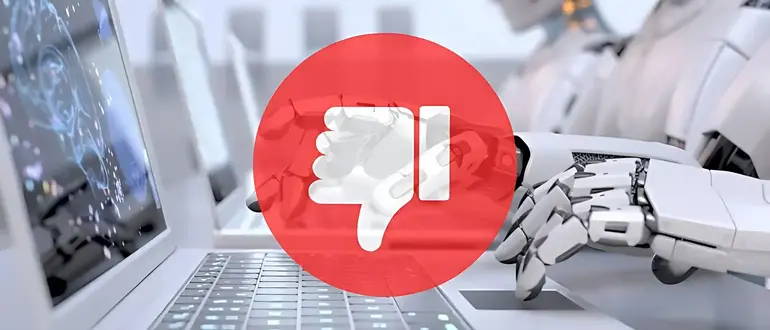
Elimination of Jobs
One of the most significant disadvantages of AI in developer jobs is the potential elimination of jobs.
The integration of AI technology could reduce the number of jobs available for human developers.
For instance, AI can be used to perform tasks like code analysis, testing, and debugging, which humans traditionally do.
This could lead to job displacement and financial insecurity for human developers.
Dependency on AI
The integration of AI in developer jobs could create a dependency on the technology.
The excessive reliance on AI could make it difficult for human developers to operate independently without the technology.
In case of a technical glitch or failure of the AI system, developers might struggle to perform their tasks effectively.
Limitations of AI
AI has limitations, and it cannot entirely replace human developers. AI systems operate based on pre-defined rules and patterns, limiting their ability to learn and adapt to new challenges.
On the other hand, human developers can analyze problems and develop creative solutions that AI may not be able to do.
Data Privacy and Security

The integration of AI in developer jobs also poses potential data privacy and security risks. AI systems require large amounts of data to function effectively.
This could include sensitive data like user information and project details.
Inadequate data protection measures could expose this information to unauthorised access or breaches, putting the organisation and its users at risk.
Ethical Concerns
AI systems are only as ethical as those designed and programmed by humans. The integration of AI in developer jobs raises ethical concerns, particularly regarding bias and discrimination.
If AI systems are not designed to be ethical, they could perpetuate existing biases and discrimination, leading to adverse effects on society.
FAQs
What are the limitations of AI in replacing developers?
AI currently falls short in terms of scale, as commercial problems are large, complex, and interconnected.
While AI can automate certain tasks, software development requires a human touch that involves problem-solving, creativity, design skills, security awareness, and effective deployment.
What Role Will AI Play In Software Development?
Code-generating AI will mostly act as a replacement for browsing StackOverflow, but it could also come with great suggestions for writing better code.
AI can assist developers in improving their productivity and efficiency, but it is not a substitute for the human touch required in software development.
Will AI Replace Front-End Developers?
No, AI will not replace front-end developers, as writing lots of lines of code in a specific language will become a smaller proportion of the role of a software engineer.
Instead, problem-solving through creativity, design skills, security awareness, performance tuning, effective deployment, and other human skills will become more important.
What Is The View Of Dev9’S Chief Technology Officer On AI Replacing Developers?
Dev9 assembles teams that use artificial intelligence to develop custom software, eliminating strenuous processes and drastically reducing manual overhead.
When asked if programmers need to be worried about being replaced by AI in the near future,
Will Iverson, its Chief Technology Officer, replied that it is not a matter of replacement but rather an opportunity for developers to use AI assistance to become more efficient.
Will AI Decrease The Demand For Developers?
AI doesn’t have to do everything humans do to decrease the demand for developers, as it can improve their productivity and efficiency.
While AI can automate certain tasks, software development is a complex process that requires a human touch.
Therefore, AI will not decrease the demand for developers, but it will change the nature of their work and require them to develop new skills.
Conclusion
AI is advancing rapidly, but it won’t replace developers anytime soon.
While AI can automate certain aspects of development, human expertise is still crucial for complex problem-solving, creative thinking and user-centred design.
Developers will continue to play a vital role in shaping the technology landscape, but they will need to embrace AI as a powerful tool to enhance their skills and productivity.
Together, AI and developers can drive innovation and create better solutions for our digital world.
